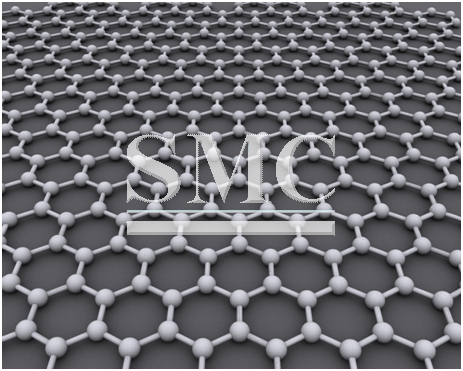
- Company overview The heart of SMC Vision & Philsophy Partnership Certifications Company culture
- Our service Design and Engineering Maintenance and Service Examine Production Line Upgrade and Transformation Storage and Logistics Processing, Trading and Distributor
- Management Our history Global responsibility Info Center
- Procurement center Internship
- Metal Steel Products Stainless Steel Products Aluminum Products Copper Products Galvanized Steel and PPGI Special Alloy Building Material
- Containers ISO Standard Container Equipment Container Storage Container Refrigerated/Reefer Container Offshore Container Container House Tank Container Container Fittings Container Trailer
- Gas Cylinder & Fire Extinguisher Cryogenic Liquid Cylinder Oxygen Gas Cylinder Storage Tank CNG Gas Cylinder LPG Gas Cylinder Hydrogen Gas Cylinder Nitrogen Gas Cylinder Industry Gas Cylinder Fire Extinguisher
- Metal Machinery Forming Machine Cutting Machine Processing Machine Bending Machine Block Machine Other Machinery Motor Spare Parts
- Mechanical Products Miscellany Mooring Equipment Marine Equipment Vehicle Industry Pressure Vessel Conveyor Belt Laser Equipment Bearing
- Electrical System Power Distribution Automation Electrical Cable Solar Power System Electric Protection System Transformer Production Line Lighting System
- Project Plastic Pipes and Pipe Fittings Fiberglass Reinforced Plastic Pontoon System
Want high-quality Graphene? Bake it in a microwave!
In what is a major breakthrough in the Graphene field, engineers from Rutgers University has found that the very basic and easy method of baking graphene in a microwave can lead to exceptionally high-quality. Manish Chhowalla, professor and associate chair in the Department of Materials Science and Engineering in Rutgers' School of Engineering, said that some of the results produced from this method are verging on the quality found in pristine graphene.
Graphene, is a form of carbon that is 100 times stronger than steel. It can conduct electricity better than the commonly used copper and quickly disperses heat, making it useful for many applications.
Large-scale production of graphene is necessary for applications such as printable electronics, electrodes for batteries and catalysts for fuel cells. The easiest way to make large masses of graphene is to exfoliate graphite into individual graphene sheets by using chemicals. The downside of this approach is that side reactions occur with oxygen -- forming graphene oxide that is electrically non-conducting, which makes it less useful for products.

